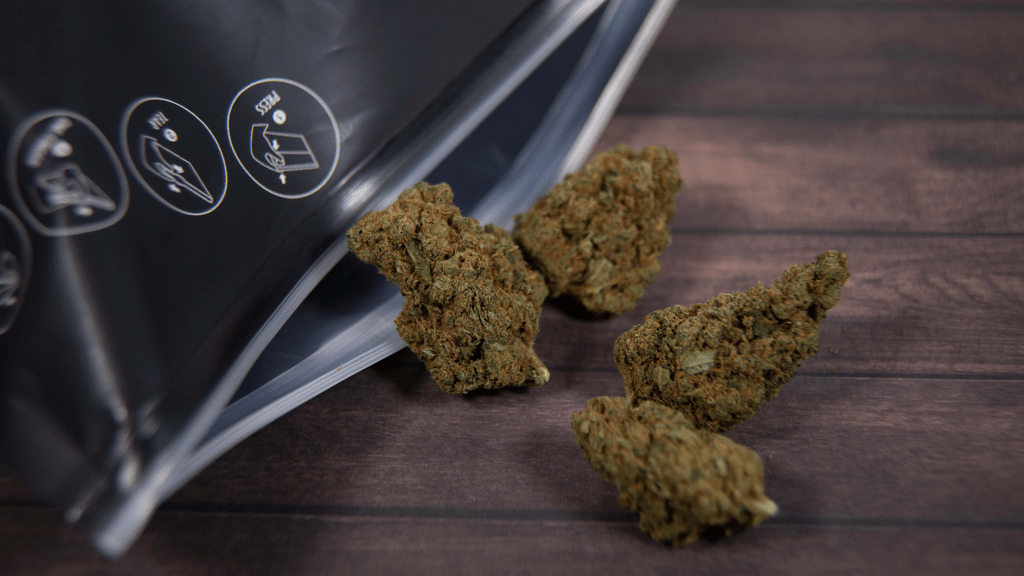The year 2025 is poised to be a critical juncture for cannabis reform in the United States. As debates around legalization, rescheduling, and regulation continue, government officials and the Department of Justice (DOJ) are taking center stage. With cannabis laws evolving across states, federal cannabis reform has become a polarizing issue, with significant implications for public policy, industry, and criminal justice.
Current Federal Stance on Cannabis
Cannabis remains a Schedule I substance under the Controlled Substances Act (CSA), meaning it is federally classified as having no accepted medical use and a high potential for abuse. This classification has been a major barrier to research, banking access for cannabis businesses, and consistent state-federal policies.
In 2023, the Department of Health and Human Services (HHS) recommended reclassifying cannabis to Schedule III. This recommendation aimed to acknowledge its medical use and reduce the stigma attached to its classification, while maintaining regulatory oversight. As of early 2025, the DOJ, alongside the Drug Enforcement Administration (DEA), is reviewing this proposal, signaling a potential shift in federal cannabis policy.
The DOJ’s Role in Cannabis Reform
The DOJ plays a crucial role in enforcing federal drug laws and shaping national drug policy. Historically, the department has taken a cautious approach to cannabis reform, often deferring to Congress for legislative changes. However, recent actions indicate a more nuanced stance:
- Support for Rescheduling: While the DOJ has not explicitly endorsed full legalization, Attorney General Merrick Garland stated in late 2024 that the department is open to rescheduling cannabis, aligning with the HHS’s scientific review.
- Criminal Justice Reform: The DOJ has prioritized reviewing policies that disproportionately impact marginalized communities, including cannabis-related offenses. Expungement initiatives and clemency for nonviolent cannabis convictions have gained bipartisan support.
Congressional Dynamics
Cannabis reform in 2025 is a divisive issue in Congress. Key proposals include:
- The SAFE Banking Act: This legislation aims to provide cannabis businesses with access to banking services by protecting financial institutions that serve the industry. The act has bipartisan backing but faces resistance from lawmakers concerned about broader legalization.
- The MORE Act: The Marijuana Opportunity Reinvestment and Expungement Act seeks to decriminalize cannabis federally, expunge records of nonviolent cannabis offenses, and invest in communities disproportionately affected by the War on Drugs. While supported by progressives, it has met resistance from more conservative members of Congress.
Supporters and Opponents of Reform
Supporters
- Public Opinion: According to a 2024 Pew Research Center poll, over 70% of Americans support some form of cannabis legalization, reflecting a shift in societal attitudes.
- Industry Advocates: The cannabis industry, valued at $33 billion in 2024, has lobbied for reforms to address banking restrictions, tax burdens, and interstate commerce.
- Bipartisan Politicians: Lawmakers from both parties argue that reform could reduce criminal justice disparities, generate tax revenue, and enhance consumer safety.
Opponents
- Law Enforcement Groups: Some officials express concerns about increased access to cannabis leading to impaired driving and youth consumption.
- Social Conservatives: Certain lawmakers oppose legalization on moral or public health grounds, emphasizing potential risks like addiction.
- Pharmaceutical Interests: Critics argue that widespread legalization could disrupt the pharmaceutical market, particularly for pain management drugs.
Proposals and Outlook for 2025
Key proposals on the table include:
- Rescheduling to Schedule III: If enacted, this would facilitate medical research, allow cannabis businesses to claim tax deductions, and normalize cannabis as a medicinal product.
- Decriminalization: A less controversial step than full legalization, this approach could remove criminal penalties while maintaining regulatory frameworks.
- Federal Legalization: While ambitious, full legalization remains unlikely in 2025 due to political gridlock.
Conclusion
Cannabis reform in 2025 represents a complex intersection of science, policy, and public opinion. The DOJ and government officials are navigating a middle path, balancing public demand for reform with concerns about public health and safety. Whether through rescheduling, decriminalization, or incremental legislative changes, the year ahead will likely see progress, though significant challenges remain.
Sources
- Department of Health and Human Services (HHS) Rescheduling Recommendation (2023)
- Pew Research Center Cannabis Legalization Poll (2024)
- Congressional Records on the SAFE Banking Act and MORE Act
- Statements from the Department of Justice (2024-2025)

